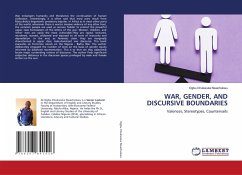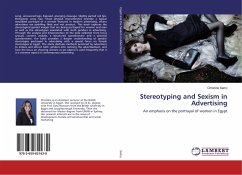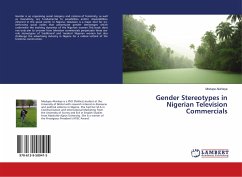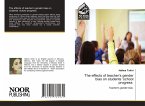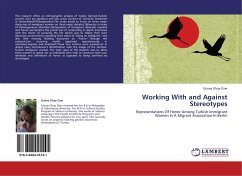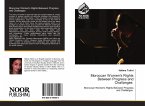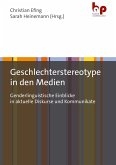War endangers humanity and threatenes the continuation of human civilization. Interestingly, it is often said that most wars result from Masculinity's hegemonic predatory impulse. In Africa as in most other parts of the world, whenever there is war(or massive violence of any other hue), the common people are used as cannon fodder to protect the powerful upper class formulators of the letters of the war. Women, children, and 'other' men are easily the most vulnerable.They are raped, tortured, murdered, starved, widowed and exposed to all sorts of insecurity and depredation. In the end, as feminists claim, they are marginally characterized in upper class, male-dominant war discourse. This book evaluates six Front-line novels on the Nigeria - Biafra War. The author deliberately engaged the number of texts on the basis of gender equity informed by balanced representation. This is so that we may objectively locate major contending centres of discourse. The author finds significant subjective distances in the discursive spaces privileged by male and female writers on the war.
Bitte wählen Sie Ihr Anliegen aus.
Rechnungen
Retourenschein anfordern
Bestellstatus
Storno

